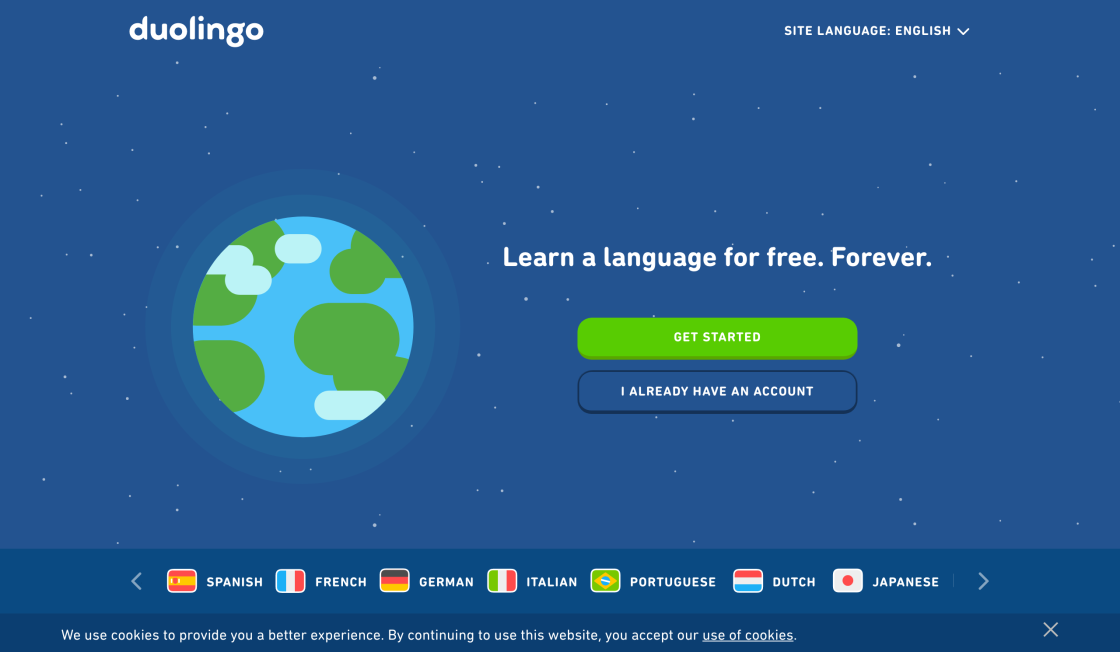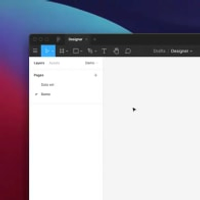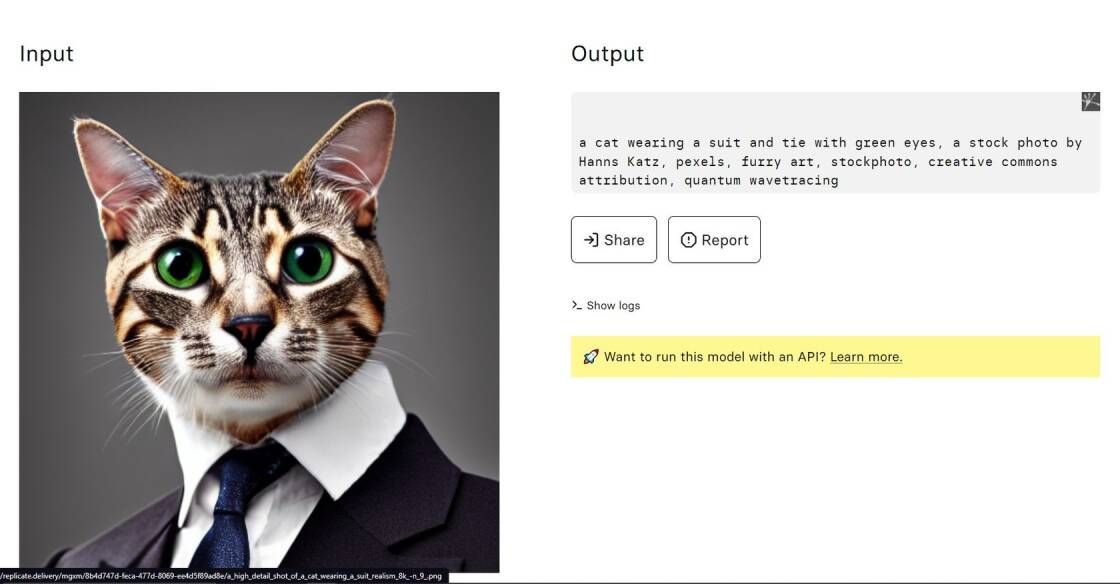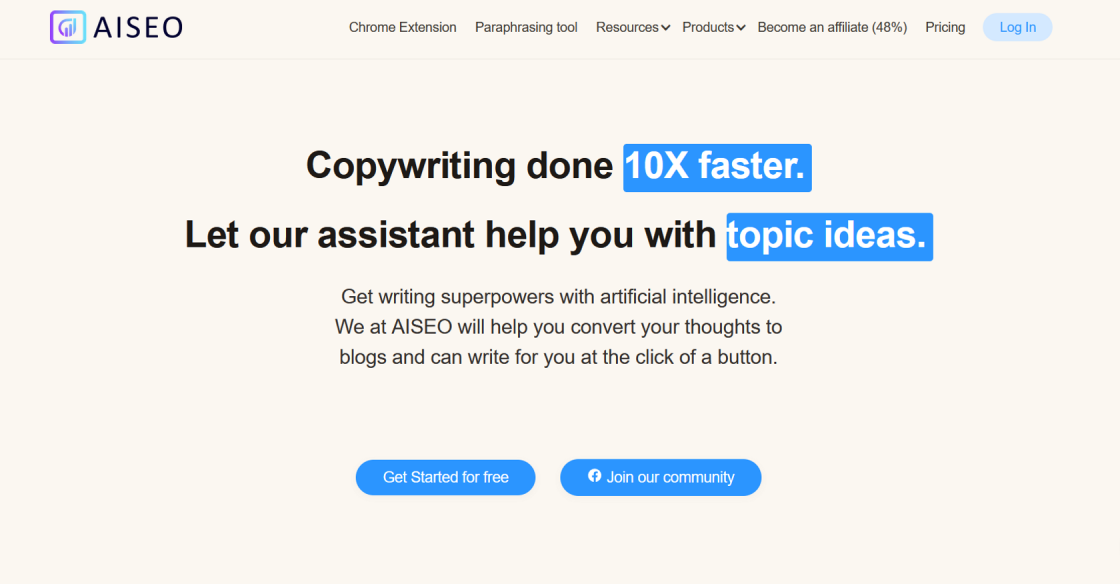

TextBlob Library In Python For Natural Language Processing
YouTubeText Processing Operation For Natural Language Processing using [email protected]
YouTubeSentiment Analysis with TextBlob
YouTubeT5 - T5, also known as Text-To-Text Transfer Transformer, is a powerful natural language processing system developed by Google. This open-source technology is designed to improve the efficiency of NLP tasks such as language translation, summarization, and question answering. With its advanced machine learning algorithms and extensive training data, T5 has quickly become one of the most popular NLP models in the industry. Its ability to generate high-quality text outputs with minimal human intervention has made it an invaluable tool for researchers, developers, and businesses alike.
IBM Watson Assistant is a cutting-edge AI-powered virtual assistant platform, designed to cater to both business users and developers. The platform provides unparalleled assistance by leveraging its advanced machine learning and natural language processing capabilities. It is equipped with an array of features that help businesses automate their customer interactions, enhance customer experience, and boost operational efficiency. IBM Watson Assistant is a pioneering solution that enables businesses to streamline their operations and take customer service to the next level.
Apify is a powerful web scraping, automation, and workflow building platform that enables users to extract data from websites efficiently. It allows users to automate their manual tasks, saving them time and effort. With Apify, users can create custom workflows using pre-built modules to simplify the process. Additionally, it provides flexible data storage options, data transformation capabilities, and seamless integration with third-party tools. This platform is a game-changer for businesses looking to streamline their data extraction and automation processes.
Alteryx Analytic Process Automation (APA) is a cloud-based data science platform that enables organizations to manage and deploy machine learning models. The platform offers a comprehensive suite of tools that streamlines the entire data analytics workflow, from data preparation to model deployment. With Alteryx APA, businesses can leverage the power of artificial intelligence and machine learning to gain deeper insights into their data, make informed decisions quickly, and drive business growth. This platform is designed to be user-friendly, allowing all team members to benefit from its capabilities without needing specialized data science or programming skills.
Metabase is a powerful open-source data exploration and business intelligence tool that enables users to analyze, visualize and share data easily. With its user-friendly interface, Metabase allows even non-technical users to access and work with complex data sets, thus increasing productivity and efficiency across organizations. As an open-source platform, Metabase is constantly evolving, with a growing community of developers and contributors working to improve its functionality and features. In this article, we will delve deeper into Metabase, exploring its key features and benefits, as well as its potential use cases in various industries.
H2O AI is a comprehensive open source platform that caters to the needs of data scientists and machine learning professionals. It is an end-to-end platform that provides a range of tools and features, from data preparation to model deployment, making it easier for users to develop and deploy their machine learning models. H2O AI is designed to simplify the process of building and deploying machine learning models, enabling businesses to make better decisions, faster. With its user-friendly interface and powerful features, H2O AI is quickly becoming a preferred choice for developers and data scientists around the world.

Duolingo
Duolingo: Learn Spanish, French and other languages for free

GPT-3 × Figma Plugin
AI Powered Design

Box
Cloud Content Management Platform

QuickBooks
QuickBooks®: Official Site | Smart Tools. Better Business.

Img2prompt
methexis-inc/img2prompt – Run with an API on Replicate

AISEO
AISEO - AI writing assistant, Copywriting & Paraphrasing Tool

Keeper Tax
Keeper - Taxes made magical

Nijijourney
NijiJourney AI for the anime fans. The new niji model is tuned with a fine eye to produce anime and illustrative styles. It has vastly more knowledge of anime, anime styles, and anime aesthetics. It's great at dynamic and action shots, and character-focused compositions in general.
TextBlob is a powerful Python library designed to make natural language processing (NLP) tasks straightforward and accessible. It provides an easy-to-use API that allows developers to dive into common NLP tasks like sentiment analysis, part-of-speech tagging, and noun phrase extraction. TextBlob is an open-source software package that has gained popularity among programmers and researchers for its simplicity and efficiency in handling textual data. With its intuitive interface and robust capabilities, TextBlob can help in solving complex problems related to text data analysis, such as sentiment classification, text summarization, and language translation. TextBlob uses various machine learning algorithms and statistical models under the hood to process and analyze textual data. Its ease of use and versatility have made it a popular choice among both novice and experienced NLP practitioners. This article aims to provide a comprehensive overview of the TextBlob library, its features, and applications, highlighting its usefulness in modern-day text data analysis.
TextBlob is a Python library used for processing textual data.
TextBlob provides an API for common natural language processing tasks such as part-of-speech tagging, noun phrase extraction, sentiment analysis, and more.
TextBlob is designed to be simple to use, with a straightforward API that makes it easy to dive into NLP tasks without extensive training.
Yes, sentiment analysis is one of the key features of TextBlob, allowing you to analyze the tone and emotion of text.
TextBlob's sentiment analysis is generally considered to be accurate, though its results may vary depending on the specific context of the text being analyzed.
Yes, TextBlob provides tools for extracting keywords and other relevant information from text, including noun phrase extraction and part-of-speech tagging.
Yes, TextBlob is designed to integrate easily with other Python libraries, making it a flexible tool for NLP tasks.
Yes, TextBlob can be used as a component in machine learning applications, providing a simple and effective way to process textual data.
Yes, TextBlob is released under an open source license, making it free to use and modify for personal or commercial projects.
As with any NLP tool, TextBlob has some limitations and may not be ideal for every use case. It's important to evaluate its strengths and weaknesses before choosing it for a particular project.
| Competitor | Description | Key Features | Price |
|---|---|---|---|
| NLTK | A comprehensive natural language processing library for Python. | Tokenization, stemming, tagging, parsing, semantic reasoning, and sentiment analysis. | Free and open source. |
| spaCy | An industrial-strength natural language processing library. | Named entity recognition, dependency parsing, part-of-speech tagging, and sentence segmentation. | Free and open source for non-commercial use, paid plans for commercial use. |
| Stanford NLP | A suite of natural language processing tools developed by Stanford University. | Part-of-speech tagging, named entity recognition, sentiment analysis, and coreference resolution. | Free for research use, commercial licensing available. |
| Gensim | A Python library for topic modeling, document indexing, and similarity retrieval. | Topic modeling, document similarity, word embeddings, and text summarization. | Free and open source. |
| PyText | A deep learning framework for natural language processing tasks. | Text classification, sequence labeling, and question answering. | Free and open source. |
TextBlob is a powerful Python library designed for processing textual data. It provides a simple yet efficient API for performing various natural language processing (NLP) tasks such as sentiment analysis, noun phrase extraction, part-of-speech tagging, and more.
This library is built on top of NLTK, another popular Python library for NLP, and offers a more user-friendly interface for NLP tasks. With TextBlob, you can easily extract useful information from text data, analyze the sentiment of a document or a sentence, identify entities and parse grammatical structures.
One of the main advantages of TextBlob is its simplicity. The library is easy to install and use, and it comes with a range of pre-trained models for various NLP tasks. This means that you don't need to have any prior knowledge of NLP to use the library.
TextBlob also provides a range of features that make it a great tool for text analysis. For example, it allows you to perform sentiment analysis on text data and classify the sentiment as either positive, negative, or neutral. You can also extract noun phrases from text data and identify the most important entities mentioned in a document.
Another important feature of TextBlob is its ability to perform part-of-speech tagging. This allows you to identify the role of each word in a sentence and extract useful information such as the subject, verb, and object. This can be particularly useful for text summarization and information extraction.
In conclusion, TextBlob is a powerful Python library for processing textual data that provides a simple yet effective API for performing various NLP tasks. Whether you're analyzing social media posts, customer feedback, or news articles, TextBlob can help you extract valuable insights and gain a deeper understanding of your text data.
TOP